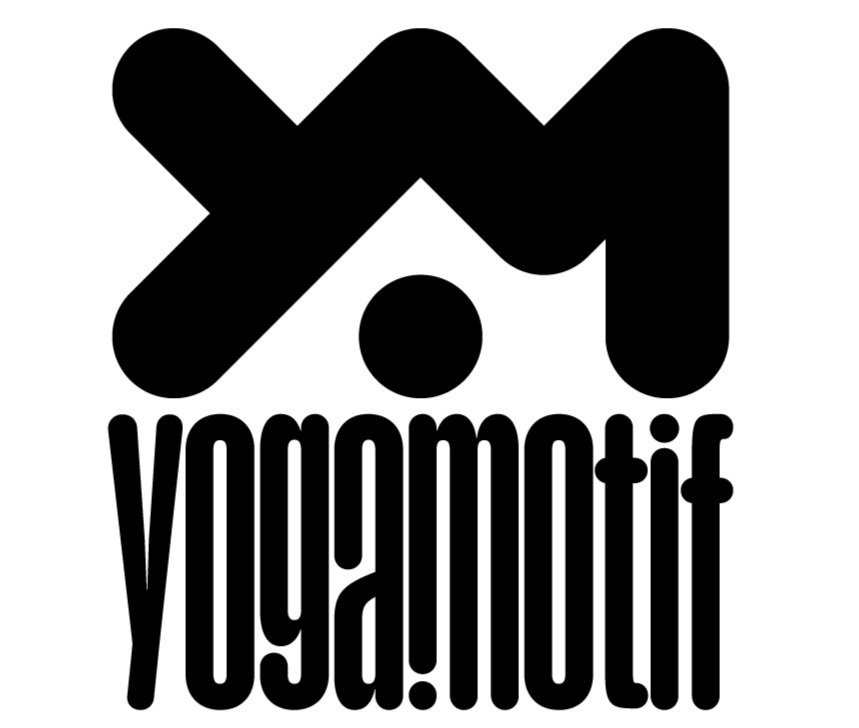Introducing The PostpARTum Project
I didn’t have insurance during my first few months of pregnancy with baby #2. This was a surprise. Not the baby but the insurance. Administrative oversights, and random hiccups created this lapse in care. As I approached my first ultrasound appointment, I remember being told that without insurance it would be a $1,000+ expense. I sought Medicaid, and in the meantime, delayed select treatment (including my first ultrasound) as I waited for my insurance to get it together.
Recognizing the privileges that I have, I took a risk that many people in marginalized communities face each day. This decision could have impacted my wellbeing and the health of my child. I waited though, eventually gained coverage, and was able to receive my first ultrasound. An ongoing concern was that even with Medicaid my insurance wouldn’t last. I worried that I’d give birth and my resources would be stripped away shortly after (and they were). I knew that staying connected to medical care, my midwives, and my therapist during the postpartum phase was even more important than during pregnancy.
“White supremacy has been an effective tool to dismantle our collective care for Black women and people who birth.”
Feeling supported during and after birth was a critical factor in my postpartum recovery.
I’m reflecting on this now as we approach a new phase in our work dedicated to postpartum wellness for people who birth. The ACOG and many groups across the nation recognize the need for postpartum support and have made efforts to increase this collective care.
How long is the 4th trimester exactly? Postpartum is recognized as the time after childbirth when the body heals into its new normal. The length of the postpartum phase depends on who you ask. Ask the US Government? It’s 6 weeks. Ask some employers after the parent experiences a a c-section? You might have 12 weeks. Ask actual mothers and people who have given birth? It could be a lifetime.
Depending on the birth experience, returning to yourself after birth takes time. This process is often even more difficult for Black women, as maternal and social experiences statistically lean towards negative health outcomes.
Note that white supremacy has been an effective tool to dismantle our collective care for Black women and people who birth. American culture has fragmented ancestral knowledge that typically nurtures mothers after birth. This can be attributed to the whitewashing of birth practices and the historical demonization of women-centered work. Midwives, for example, were considered a lowly profession. In a telling paradox, it took evil men like James Marion Sims - a white gynecologist who experimented on enslaved Black women - before reproductive-centered work was valued in Western Civilization. Long-term impacts on birth outcomes in the Black community were devastating, making postpartum an even more challenging time.
When I reflect on this reality coupled with my own postpartum experience I consider which healing practices kept me afloat when motherhood almost drowned me. I think about the community of Black mothers that held me, and their many stories of suffering that were left unsupported. Collective healing includes intentional healing. While Pittsburgh maintains some of the country’s poorest health outcomes for Black women, I know that supporting individual care impacts our community care.
With the support from the Advancing Black Arts in Pittsburgh Grant (funded by The Pittsburgh Foundation and The Heinz Endowments), I’m dedicating this new season to The PostpARTum Project. This creative wellness practice supports postpartum healing and centers the liberation of Black mothers. Whether their child is 1 year old or 30, this practice invites healing any time after birth.
The PostpARTum Project is three fold and includes
My personal postpartum healing journey
The creation of new art and yoga healing workshops for people who birth
A one day, self-guided artist and healing retreat for Black mothers.
A rising tide lifts all boats. This project offers a joy practice bringing waves of healing that will ripple into the community at large. Join me, and the YOGAMOTIF community as we continue to explore embodied and creative wellness. If you’re interest in becoming a part of the postpARTum community
Save the date for the Take Up Space festival - a virtual wellness fundraiser to increase our retreat from 20 mothers to 100 (it’s gonna be fun y’all)
Join our mailing list to stay in touch about our work
Become a sponsor or donate items to add to our festival and retreat boxes.
Take a pause to center black mothers, as we all experience collective care and liberation through joy.



